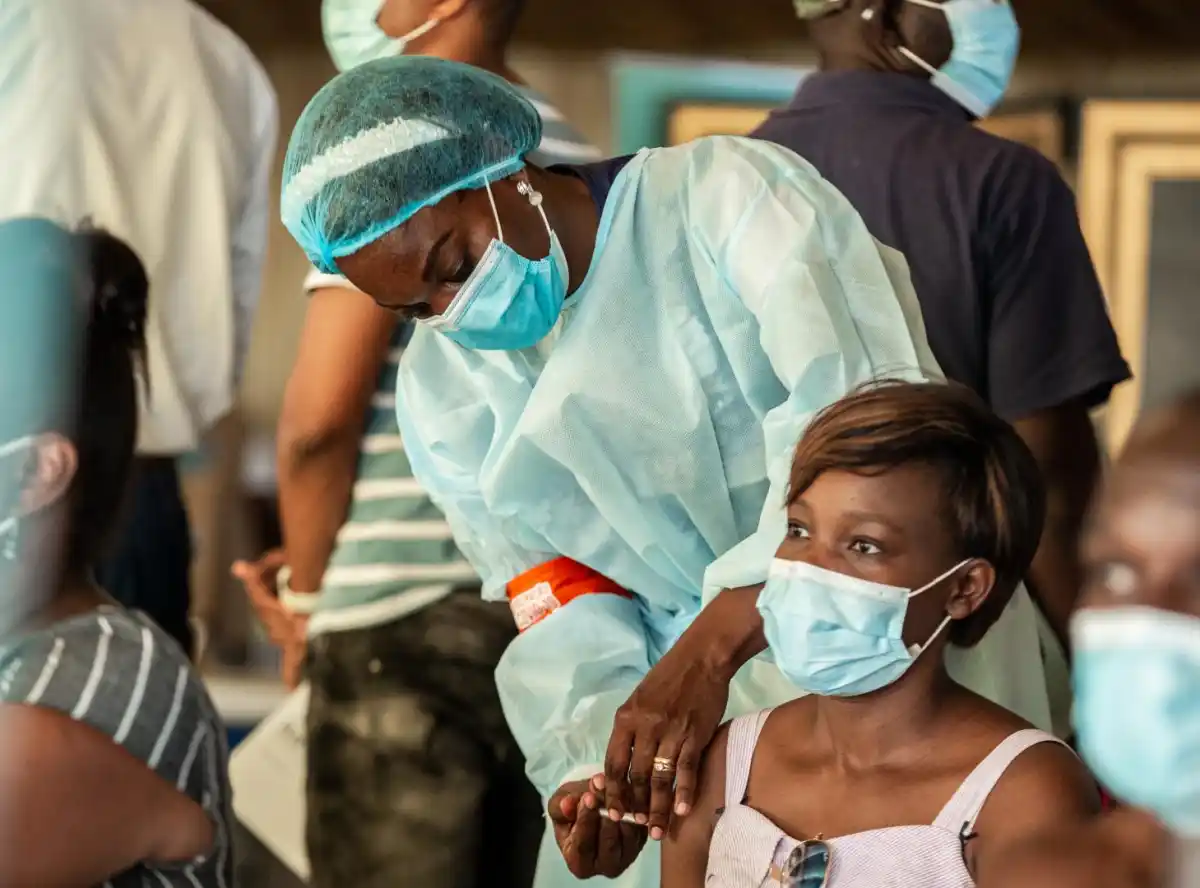
A new report by the World Health Organisation (WHO) has revealed that vaccines against 24 pathogens could reduce global antibiotic consumption by 22 percent, equating to 2.5 billion defined daily doses each year.
According to WHO, some of these vaccines are already available but underused, while others need to be developed and introduced to the market as soon as possible.
AMR occurs when bacteria, viruses, fungi and parasites no longer respond to antimicrobial treatments, resulting in more severe illnesses and an increased risk of death, as well as the spread of difficult-to-treat infections.
The primary drivers of AMR are the misuse and overuse of antimicrobials.
WHO says simultaneously, many people worldwide lack access to essential antimicrobial treatments.
It adds that annually, nearly five million deaths are linked to AMR globally.
The health agency further states that vaccines play a crucial role in addressing AMR by preventing infections, reducing the need for antimicrobials and slowing the emergence and spread of drug-resistant pathogens.
The report builds on a WHO study published in BMJ Global Health last year.
It estimates that existing vaccines for pneumococcus pneumonia, Haemophilus influenzae type B and typhoid could prevent up to 106,000 AMR-related deaths each year.
Additionally, if new vaccines for tuberculosis and Klebsiella pneumoniae are developed and distributed globally, they could avert another 543,000 AMR-associated deaths annually, the report says.
“Addressing antimicrobial resistance starts with preventing infections and vaccines are among the most powerful tools for doing that.

“Prevention is better than cure and increasing access to existing vaccines and developing new ones for critical diseases, like tuberculosis, is critical to saving lives and turning the tide on AMR,” WHO Director-General Tedros Adhanom Ghebreyesus said.
The report evaluates both licensed vaccines and those at various stages of development.
WHO estimates that the global hospital costs of treating resistant pathogens amount to $730 billion each year.
It further states that if vaccines targeting all evaluated pathogens were implemented, they could potentially save one-third of the hospital costs associated with AMR.
A comprehensive, people-centred approach across health systems is necessary to prevent, diagnose and treat infections, the United Nations (UN) agency says.
During the 79th UN General Assembly High-Level Meeting on AMR on September 26, world leaders approved a political declaration committing to a clear set of targets and actions.
This includes a goal to reduce the estimated 4.95 million human deaths associated with bacterial AMR by 10 percent by 2030.
The report, titled ‘Estimating the Impact of Vaccines in Reducing Antimicrobial Resistance and Antibiotic Use’, assesses the role of vaccines in tackling AMR and provides recommendations for key stakeholders to enhance the impact of vaccines on this issue.
It evaluates 44 vaccines targeting 24 pathogens: 19 bacteria, four viruses and one parasite.







0 Comments